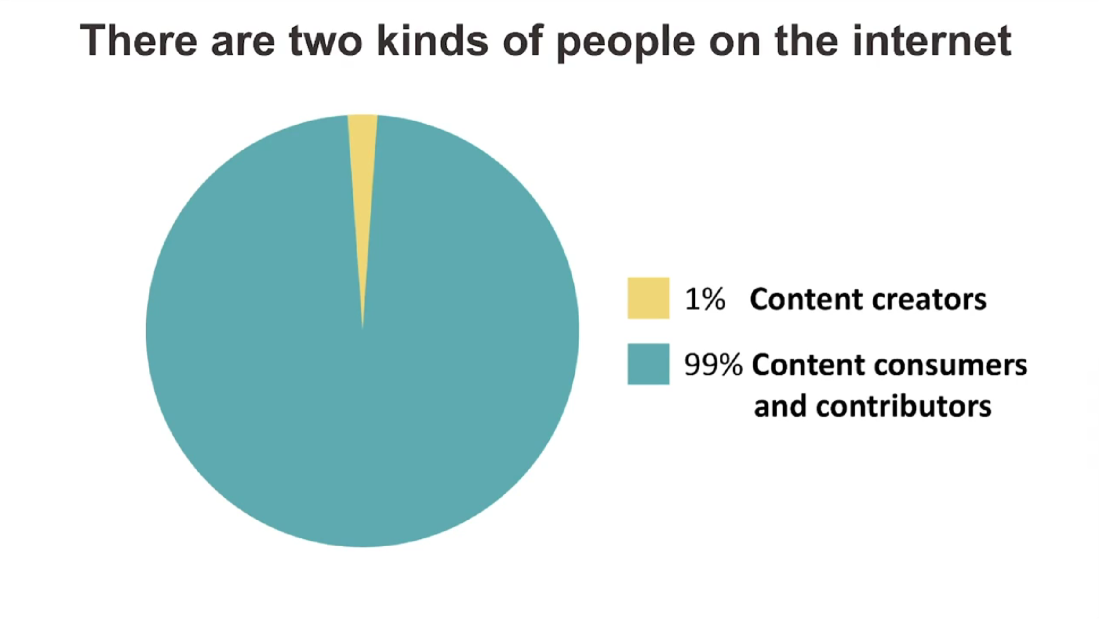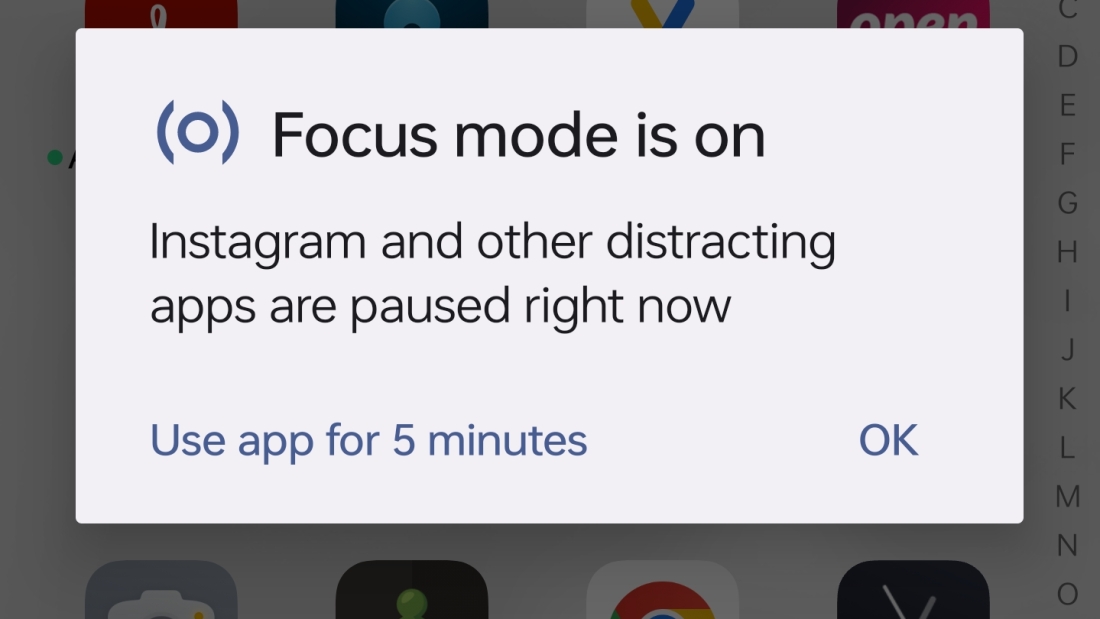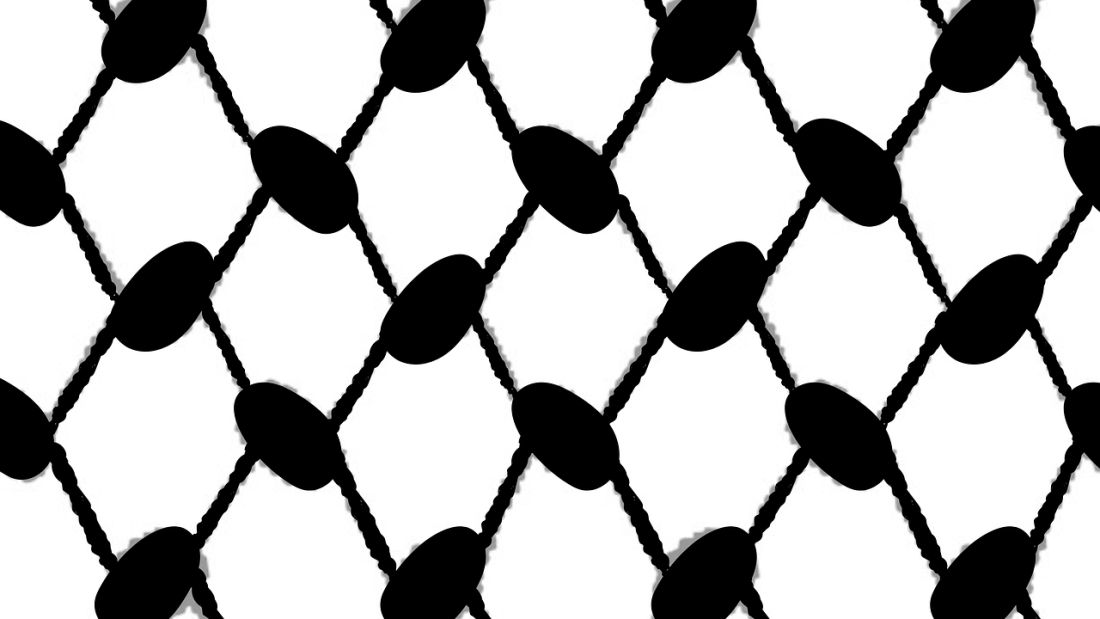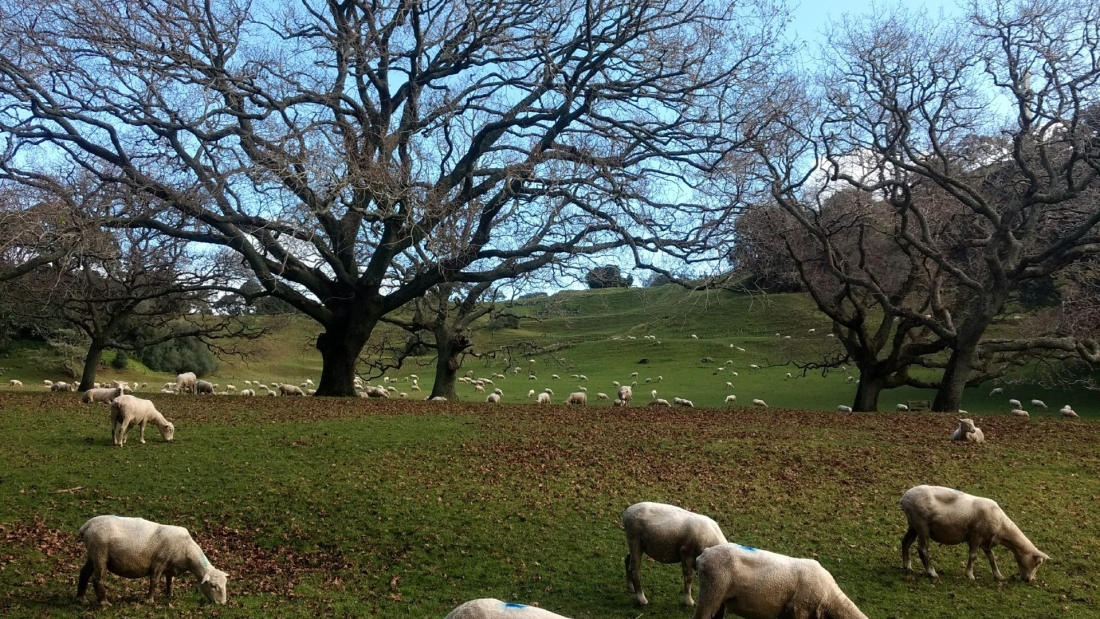Answers to a few common questions about content creation and consumption.
Experiments in battling a screen addiction
Got troubles with screen time? Here’s how I use Focus Mode, intermittent fasting & other steps to tackle the problem & have digital wellbeing.
How to bypass a Canva PDF text readability bug / issue
Can’t copy paste text correctly from the PDF you exported from Canva? Here’s a fix if you need your file to have searchable text like keywords.
The learned anxiety of crossing a road
City dwellers are conditioned to fear crossing the street, & car culture is behind it. But it need not be that way.
Double tagging French sheep and other causes of the revolution
Acts of civil disobedience emerging in our societies, and hopes for great peoples’ movements.
Eating animals
An essay on the dilemma of meat consumption, touching on climate change, ethics, caste, etc., based on the books I’ve recently read.
Cycling in Montreal: The good, the bad, the bumpy
A blog about the things I like and dislike about cycling in Montreal. This writing is like my riding: purely for leisure.
5 years of Intermittent Fasting and how I do it
My multi-year experiment with intermittent fasting or time restricted eating, with notes on the personal changes I’ve observed.










